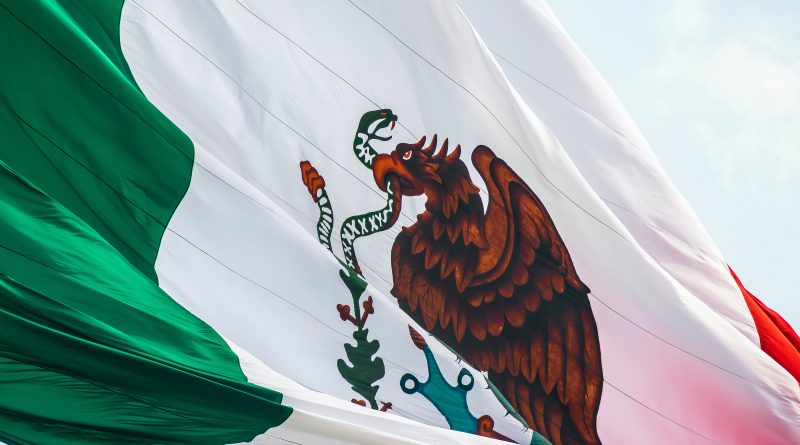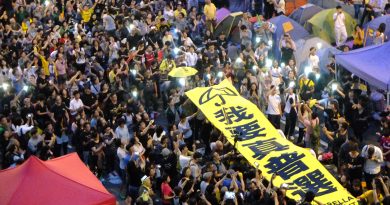Four Mexican Journalists Killed in First Four Weeks of 2022
Elsie Tierney
Staff Writer
A recent uptick of violence against journalists in Mexico has helped solidify its status as one of the most dangerous countries in the world for journalists, reports The Guardian. The January 31 murder of Roberto Toledo, a videographer for the news website Monitor Michoacan, was the final straw that sparked protests across the country from journalists, advocating for more protection, adds The New York Times.
Toledo’s murder was the fourth murder of a media worker in 2022. On January 10, reporter Jose Luis Gamboa was stabbed to death. Two other journalists, photographer Margarito Martinez and broadcast reporter and news anchor Lourdes Maldonado Lopez, were both shot dead in Tijuana on January 17 and January 23 respectively, reports Al Jazeera. Their deaths add to the total of 32 media workers murdered since December of 2018, and at least 145 from 2000-2021.
“We’ve seen what’s very likely the most violent month in terms of violence against journalists in a decade,” Jan-Albert Hootsen, the Mexico representative for the Committee to Protect Journalists told Al Jazeera.
Hootsen added that the current trend of violence against journalists began in 2006, when the Mexican government declared war on organized crime and deployed military personnel. This action led to a rapid increase in violence around the country, particularly against the journalists reporting on the conflict.
Each of the journalists who were murdered in the month of January were reporting on a controversial topic. Martinez was a photographer who documented crime scenes. Gamboa was the director of the news site Inforegio in Veracruz, which Al Jazeera notes is a notably violent and corrupt region. Toldeo had been working on several sensitive subjects at the time of his death, including stories about three Indigenous communities working towards gaining self-governing status, organized crime and illegal logging, and corruption in local government.
99 percent of crimes against journalists are not prosecuted, and 90 percent of murders of journalists and rights defenders remain unsolved, Al Jazeera adds. Furthermore, journalists have limited protection before crimes are committed. Manuel Ayala, a freelance journalist who covers missing persons, human trafficking, migration, and organized crime in Tijuana, has never been threatened on the job; however, he’s received warnings from local police in the areas he’s reporting on and has also had sources tell him to stop investigating certain stories.
“Our bosses do not protect us. We protect ourselves,” Ayala told Al Jazeera, also noting that Tijuana journalists are in constant communication regarding where they’re going and what they are risking.
The Mexican government is known for their lack of journalistic protection measures, reports The New York Times. Specifically, President Andrés Manuel López Obrador who regularly calls out and attacks specific journalists and commentators in a morning news segment called, “Who’s Who in Lies of the Week,” in which he points out what he considers to be specific lies told in the media.
“You’ve got a president that speaks about the press, grades it or discredits it, but at the same time not a lot is being done to prevent these kinds of atrocities,” said Leopoldo Maldonado, regional director of the media advocacy group Article 19, to The New York Times. “The discrediting by the president is seen by others as permission to attack.”
A federally funded program known as “el mecanismo,” or the mechanism, seeks to protect journalists by offering services ranging from carrying a panic button at all times, to providing security cameras to be installed in one’s home, or even providing bodyguards. However, Lopez had been in this program for months when he was killed and while Martinez was in the process of being enrolled into the program, he was not protected at the time of his death, Hootsen told Al Jazeera. However, with continued displays of activism coming from academics and journalists speaking out, Hootsen said, “That’s where I get my optimism from.”




